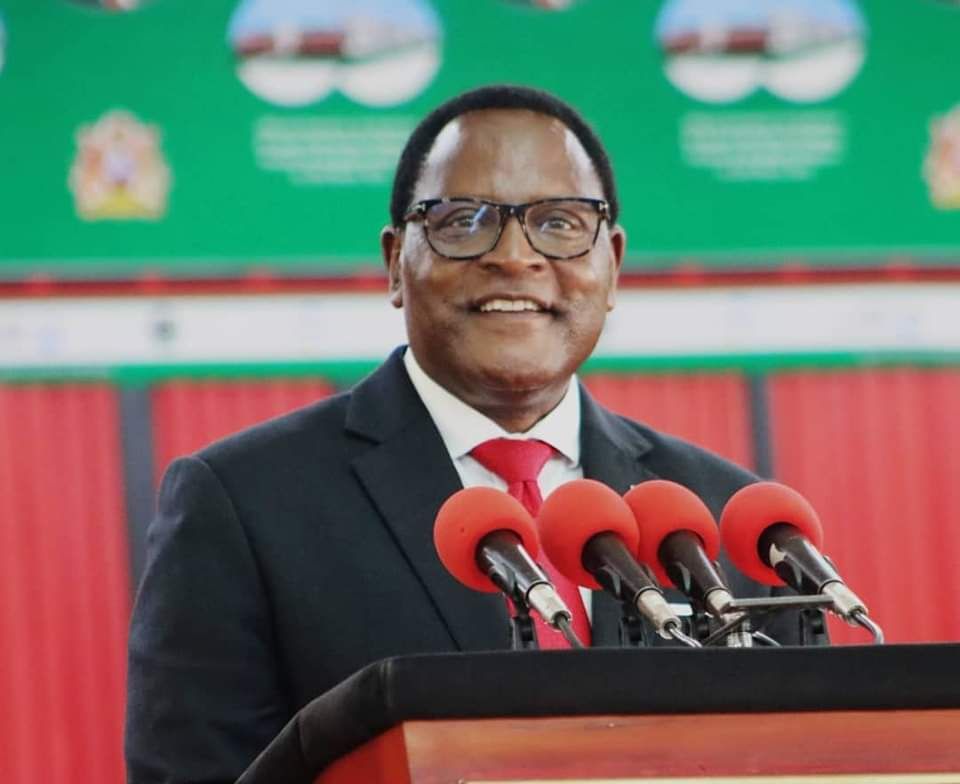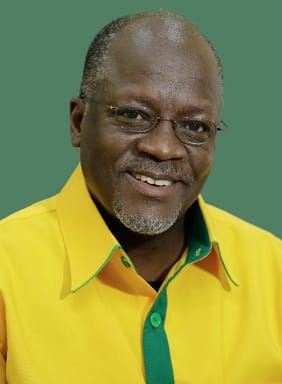By Burnett Munthali
President Lazarus Chakwera in November 2023 announced tough measures which his government had put in place to cushion Malawi’s troubled economy. He addressed the nation immediately after the International Monetary Fund (IMF) had approved a four-year Extended Credit Facility (ECF) programme pegged at $174 million.
Chakwera said he had suspended his international trips and those of Cabinet ministers and other public officers with immediate effect until 2024. He said savings made from the austerity measures will be used for procuring food and fertiliser to ensure no Malawian family is hungry in the next four months. The President then expressed excitement at the clinching of the ECF deal which, he hoped, would unlock foreign direct investments into Malawi. What is the good meaning and intentions of austerity measures? This article looks into austerity measures and whether Malawi is benefiting anything from this or not.

Austerity measures
Austerity, a set of economic policies, usually consisting of tax increases, spending cuts, or a combination of the two, are used by governments to reduce budget deficits. Austerity measures can in principle be used at any time when there is concern about government expenditures exceeding government revenues.
Austerity measures are considered harsh economic policies intended to reduce the government’s budget deficit. These policies can include reductions in government spending and increased taxes. Austerity measures are commonly used with contractionary fiscal policy or when a government faces debt default.
Firstly, there are three primary types of austerity measures: revenue generation (higher taxes) to fund spending, raising taxes while cutting nonessential government functions, and lower taxes and lower government spending.
Secondly, a typical goal of austerity is to reduce the annual budget deficit without sacrificing growth. Over time, this may reduce the overall debt burden, often measured as the ratio of public debt to GDP.
Further research shows how austerity can be experienced as a “personal crisis”, affecting the things people can do, afford and dream about, including having security at home and work. It even extends to whether or not people are able to make decisions about having children.
Thirdly, austerity measures may include reductions in government spending, such as cutting or freezing government employees salaries, reducing benefits, freezing hiring, reducing work hours, eliminating government services, cutting pensions and other government programs. Utilizing taxes and interest rates is another method.
Tanzania’s John Magufuli’s Austerity Measures
Tanzania’s former president John Magufuli’s austerity measures caused a stir on social media, with #WhatWouldMagufuliDo which went trending on Twitter. Magufuli instituted various measures meant to curb government excesses and save Tanzanian taxpayers’ money. To that effect, he had:
Cancelled Independence Day celebrations. Tanzanian President John Magufuli cancelled celebrations to mark the country’s Independence Day and directed that funds earmarked for the event should be used to buy medical facilities.
Limited foreign travel to only what was most essential, with those travelling needed to get special permission from him or the Chief Secretary of the Cabinet
Limited first and business class travel for all officials except the President, Vice, and Prime Minister.
Cancelled all workshops and seminars held in expensive hotels, with ministries having to use their own boardrooms
Removed sitting allowances for government employees.
Cut the budget of an inauguration party for the new parliament from $100,000 to $7,000.
As a result, Twitter users posted situations where they avoided spending more money than they had to using the hashtag, to hilarious effect. The hashtag highlighted some creative but questionable ways to save money.

Conclusion
While we appreciate that the President sometimes needs to travel to inspect and officially open some projects, he also needs more time to be in his office. I still applaud the President for the decision he made though he finally decided very late after Malawians had exhausted their lamentations and opinion on the matter. I still believe that there’s still need to freeze on all local-funded travel for Chakwera and all officials at all levels as well for Malawi to seriously recover from economic challenges. Government could use digital technologies to check the progress of projects countrywide as a way cutting down costs.
However, I still have a problem with President Reverend Lazarus Chakwera always being on the road within the country instead of being in his office working. Government is still spending highly due to local travels and flights of the President who to attend each and every function even where he is not needed.


